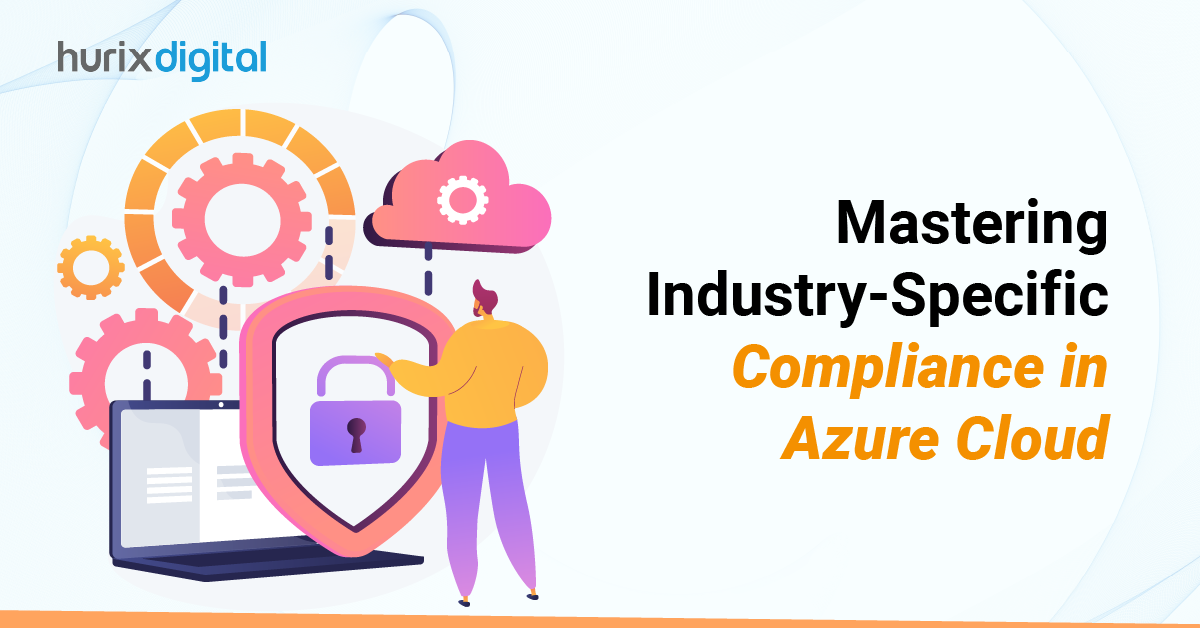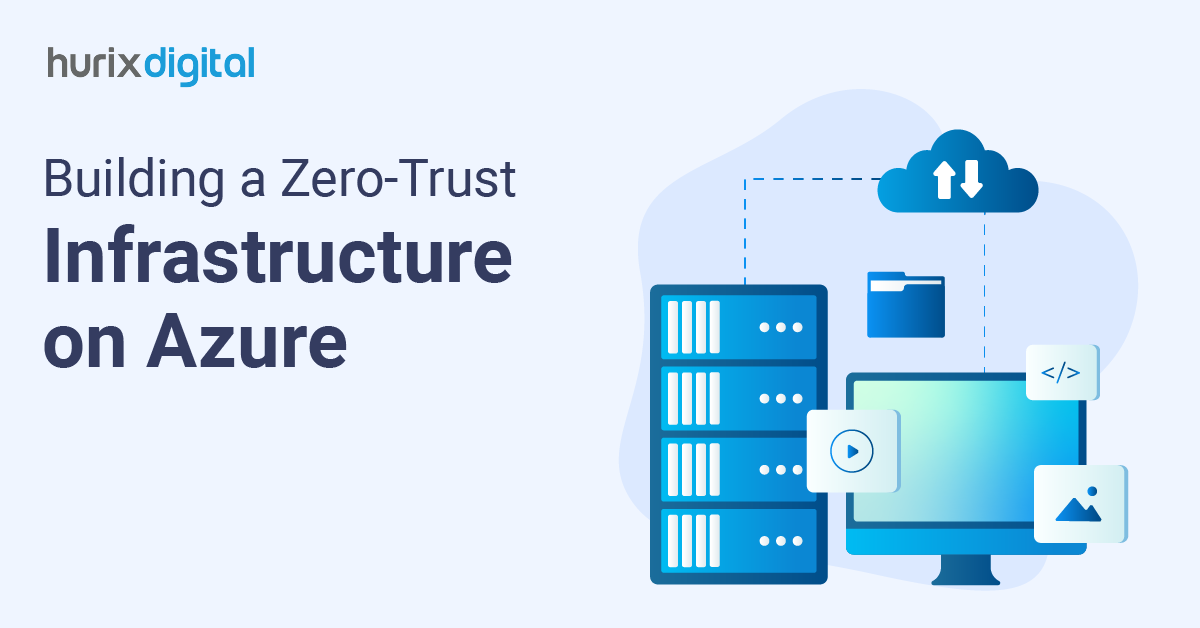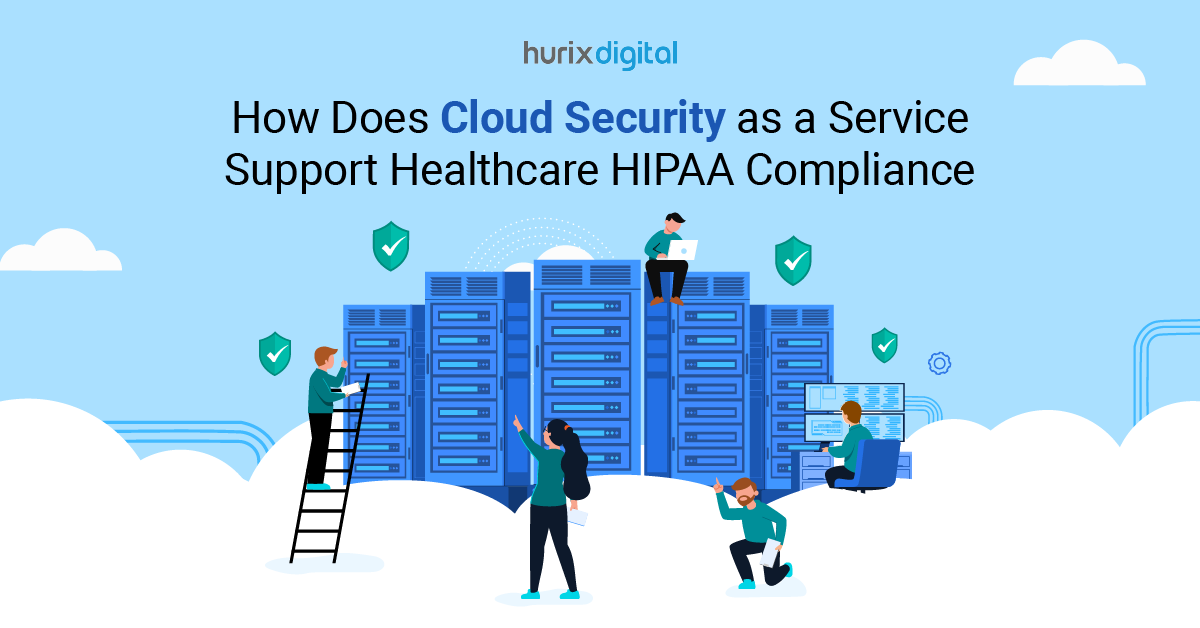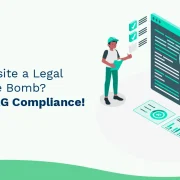
How to Find The Best Cloud Solutions Provider for Your Business
Most businesses today are gradually moving to the cloud to reduce costs, streamline workflows and eliminate the need for in-house IT hardware and personnel. Besides these benefits, cloud also facilitates collaboration between geographically dispersed employees and 24/7 access to information. One of the biggest perks for enterprises shifting to the cloud is that they can focus on their core business functions while their cloud solutions provider takes care of all cloud maintenance activities such as tackling IT concerns, support, backup and security.
Among the plethora of cloud solutions providers, selecting the most suitable one becomes a daunting task. It is therefore important to come up with some methodology to get a sense of direction.
Table of Contents:
- Here are Some Pointers to Determine Which Cloud Solutions Providers to Choose For Your Business
1. Infrastructure Cost Savings
2. Increased IT Productivity
3. Operational Resiliency
4. Flexibility And Agility
5. Security
6. The Pricing Structure
7. Client Support - In Conclusion
1. Infrastructure Cost Savings
Potential cost savings should be one of the major factors to consider while choosing a cloud solutions provider. Measure and determine your infrastructure costs under four subheads: networking, server, storage and facilities. Tracking costs of networking, server, and storage should include both the hardware and software cost. Facility costs such as cooling, power and the space itself usually get overlooked but must be accounted for. Then there are other costs to consider such as database management and other software costs. The key is to find a cloud solutions provider who follows a transparent cost management and governance approach and actively helps you reduce costs through education and downshifting of services that you don’t require. Avoid vendors offering a one-size-fit-all solution.
2. Increased IT Productivity
The cloud has the potential to improve employee productivity. So while choosing a cloud solutions provider, consider the one that best meets your organizational needs and saves your employees the most effort and time. To achieve this, determine and measure all the resources including time and effort that go into server budgeting, purchasing and managing. Keep in mind that with the cloud several tasks can be automated including installation, upgrading, and removing of software, which means that your IT team no longer has to deal with these issues or even hardware failure or repair. Also note that when it comes to security, your cloud solution provider will only provide security of the cloud, however, you will still have to maintain security in the cloud. So choose a cloud solutions provider who helps you minimize cloud maintenance and frees up your IT team to support core business areas.
3. Operational Resiliency
If chosen right, a cloud solution can provide several benefits in terms of scalability, reliability and security, and thus, help you save substantially in terms of outages and downtime costs. A properly designed cloud solution can help you save the following costs:
- Third-party consultants to tackle outages
- Purchase and maintenance of new equipment
- Costs and time associated with detecting, investigating and initiating a recovery
- Disruptions associated with IT personnel productivity
- Loss of revenue due to disruption in business activities
Choose a cloud solutions provider that offers operational resiliency and saves you all downtime costs and consequences.
4. Flexibility And Agility
In a fast evolving business environment, only organizations that are flexible and agile will survive. Therefore, it is important to choose a cloud solutions provider who offers all benefits of agility. Some business agility metrics include:
- Number of new apps and functions launched every year
- Time to market these new apps and adapt to new functions
- Response time to customer complaints or defects in products and service
- Time to set up new environments including storage, networking and computing
- Access to new game-changing capabilities
As a thumb rule, the quicker you respond to change, the happier the stakeholders. You also stand to benefit in terms of greater customer satisfaction and employee retention. The more agile the organization, the quicker is its ability to respond to change. Choose a cloud solutions provider that offers cutting-edge capabilities.
5. Security
The cloud solutions provider you choose should provide several layers of security to prevent data leaks or any kind of cyberattacks. Security has to be upgraded constantly to deal with the malicious attacks that occur all the time. Some security measures include routine security audits, anti-virus detection, firewalls, data encryption and multiple user verification. Choose a cloud solution provider that offers ISO27001 certified security measures that require regular audits. Make sure to ask for the company’s track record on security and how they prevent data breaches. Also enquire about who all would have access to your cloud and whether the cloud solutions provider performs employee background checks to deal with potential cyber criminals.
The security and location of the data centers and servers is equally important and so you would want to make sure that the cloud solutions provider you are dealing with does not keep servers in a place where anyone can easily break in and get their hands on sensitive data. Besides, the servers should also be protected against natural disasters such as floods, storms, earthquakes and fires.
6. The Pricing Structure
While choosing a cloud solutions provider, pay close attention to the pricing structure. Beware of huge upfront charges or lock-in clauses. As a rule, trustworthy cloud providers would avoid these traps. Second, make sure that you only pay for what you are going to use. Most cloud service providers offer hourly, monthly, quarterly, semi-annual and annual packages. Ideally, in the beginning, the pricing structure can be pay as you go, with flexibility to add new services if required.
7. Client Support
It is very crucial that you choose a cloud solutions provider with an efficient support system. Ideally, you should have 22×7 access to customer support without exception and even on holidays. While some vendors include support for free, others charge varying amounts. Client support is very necessary especially if you are putting important business services on the cloud. So, make sure to check this out and also the average time for response and resolution before buying the service. Shifting to the cloud has several benefits. For one, you are relieved of investing in hardware and maintenance costs, and your IT team can focus on crucial business support. While businesses have already been moving to the cloud to take advantage of its benefits, the current COVID 19 pandemic has given the transition a major push. Following the disruptions caused by the pandemic, companies are transitioning to the cloud for greater adaptability, resilience and security. Going forward, the trend is likely to pick up speed. The time is therefore right to move to the cloud.








